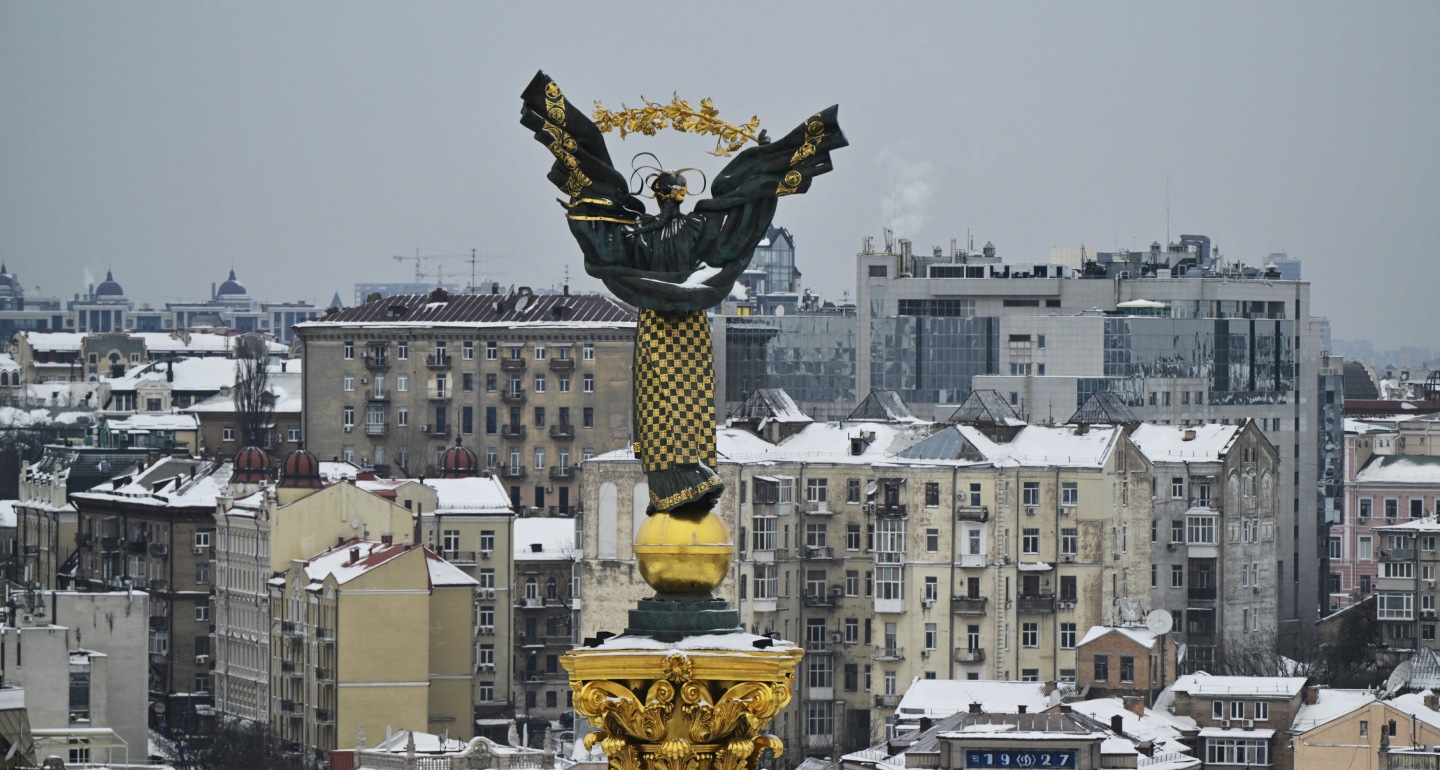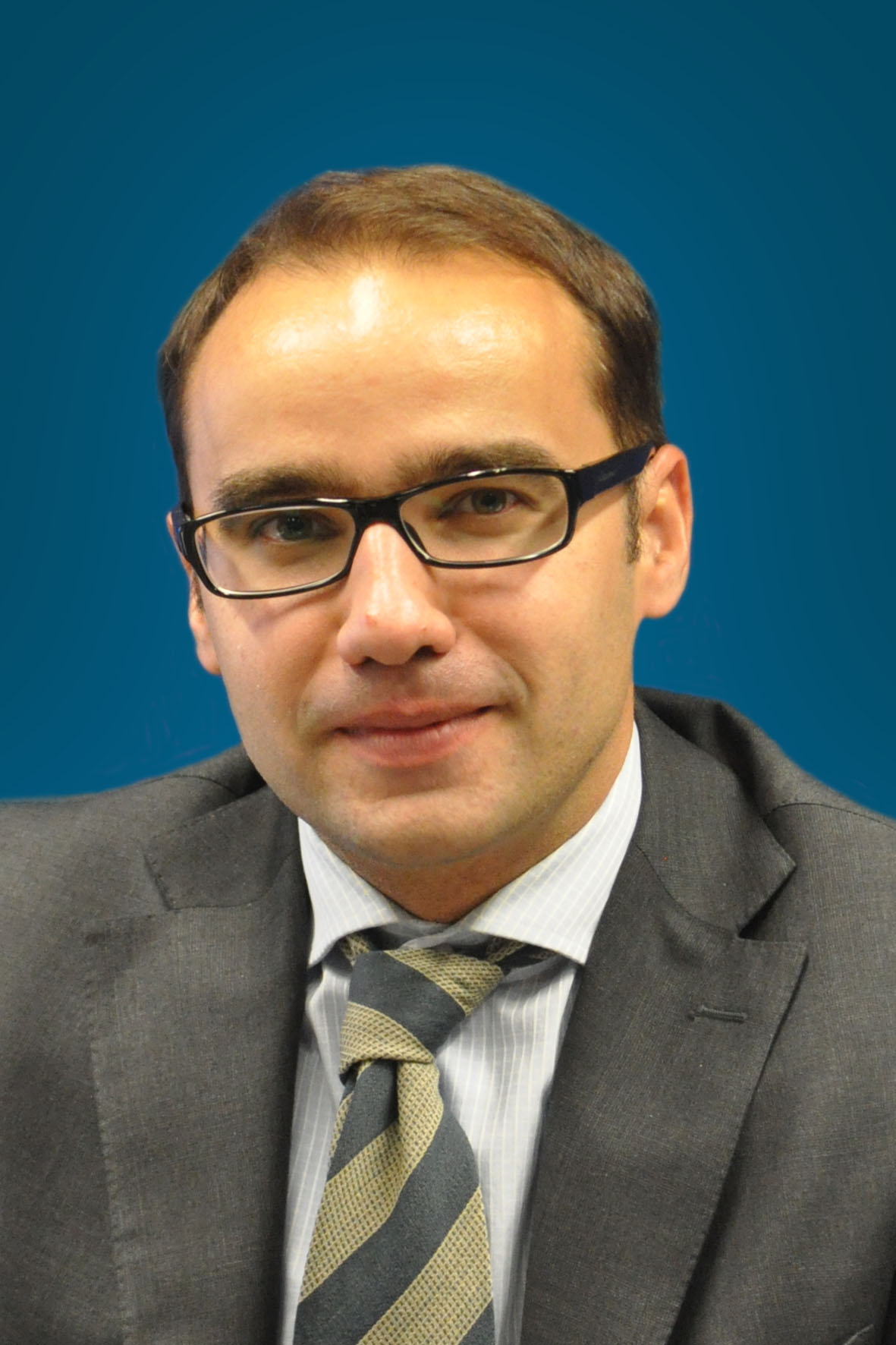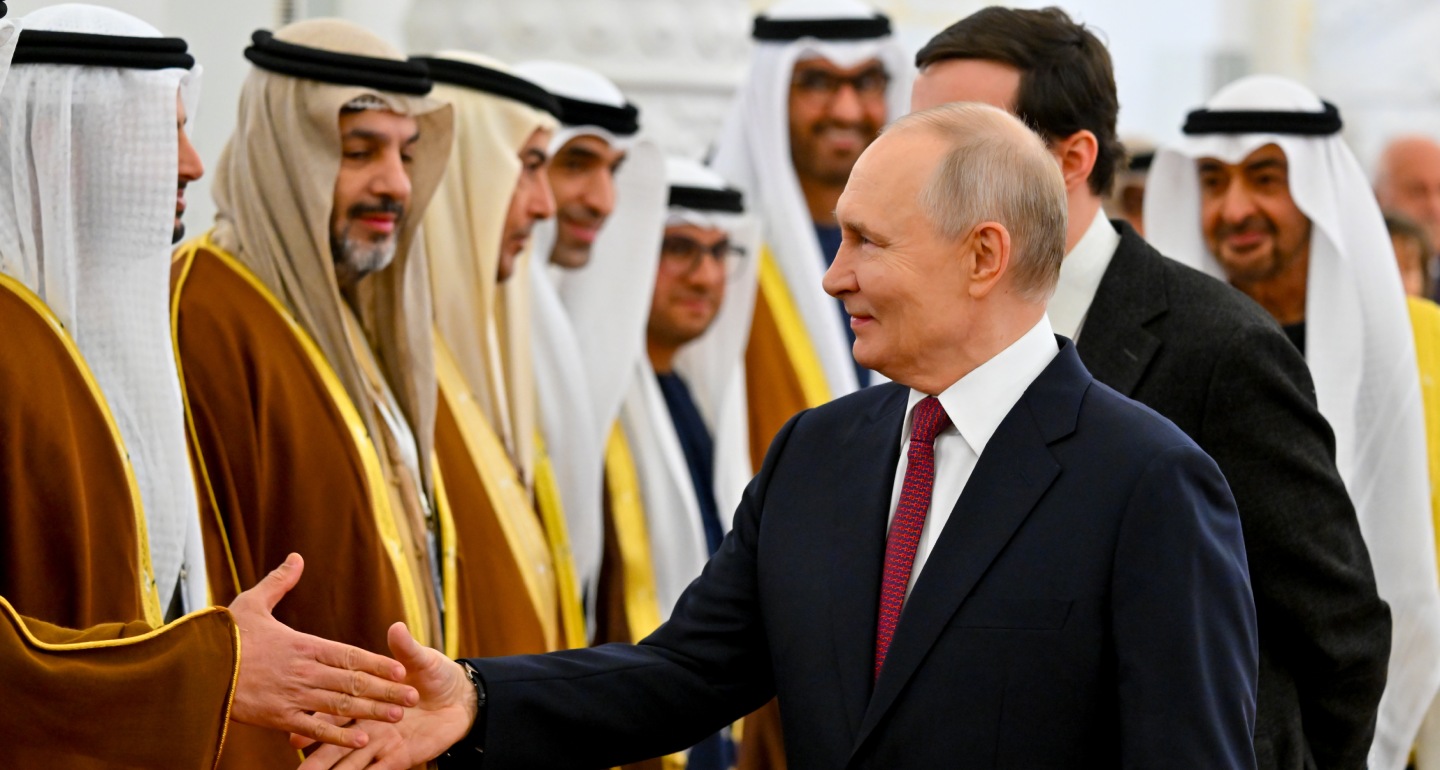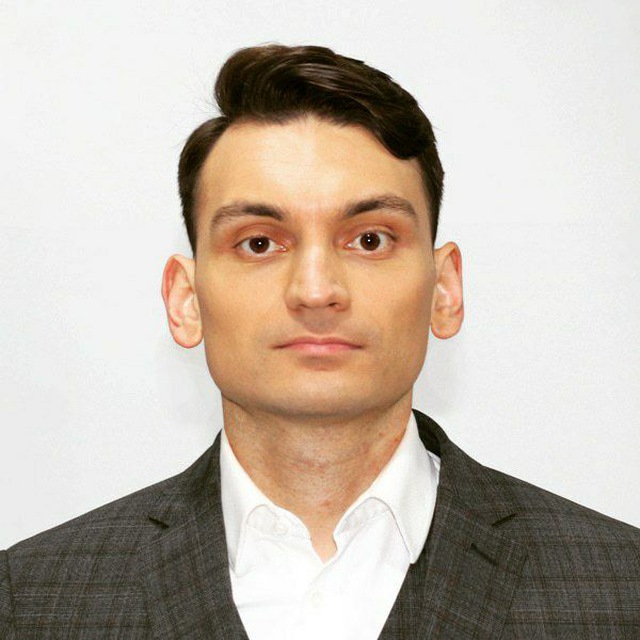Tatiana Stanovaya
{
"authors": [
"Tatiana Stanovaya"
],
"type": "commentary",
"blog": "Carnegie Politika",
"centerAffiliationAll": "",
"centers": [
"Carnegie Endowment for International Peace",
"Carnegie Russia Eurasia Center"
],
"englishNewsletterAll": "",
"nonEnglishNewsletterAll": "",
"primaryCenter": "Carnegie Russia Eurasia Center",
"programAffiliation": "",
"programs": [],
"projects": [],
"regions": [
"Russia"
],
"topics": [
"Domestic Politics",
"Political Reform"
]
}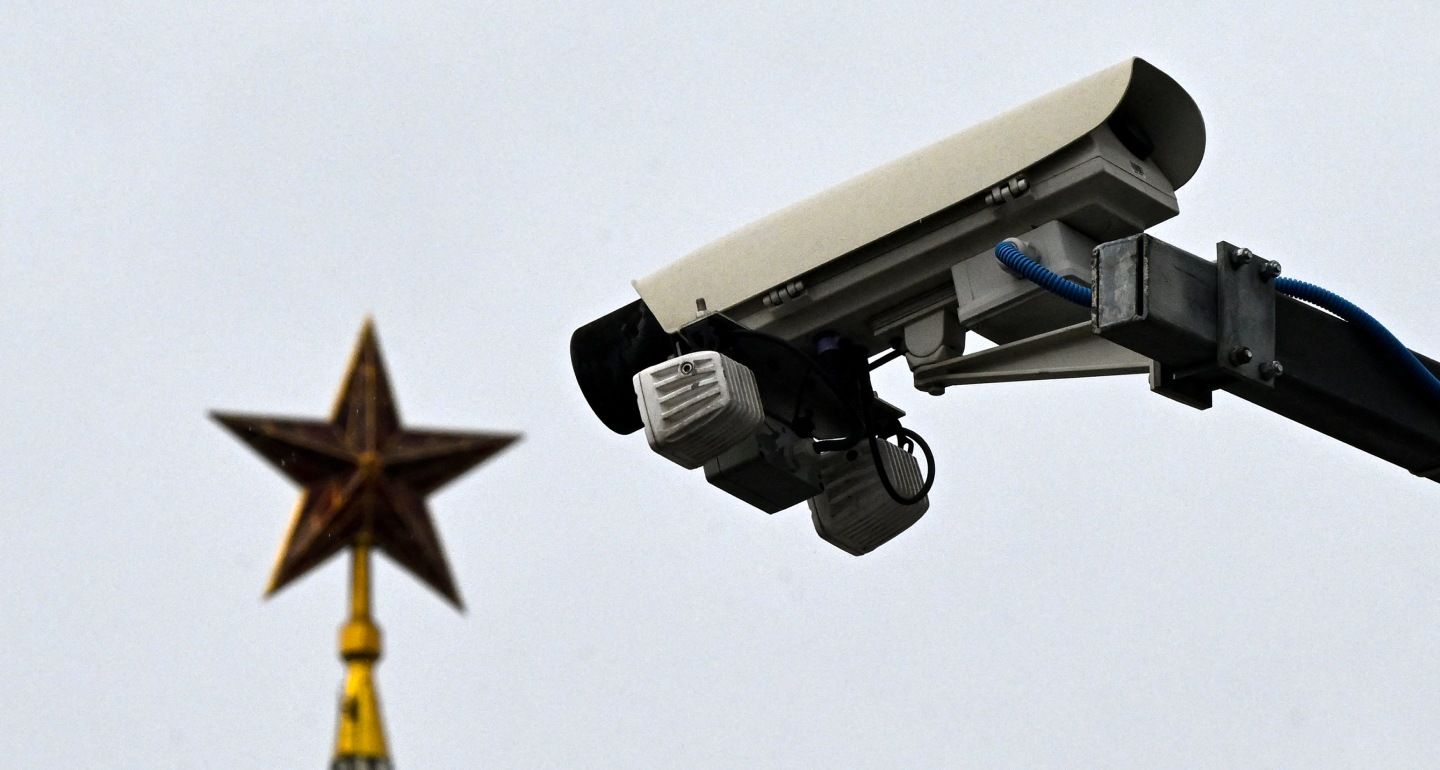
Source: Getty
Minister’s Suicide Highlights Kremlin’s New Definition of Unforgivable Sins
Since the start of the war in 2022, the number of sins considered “unforgivable” by the Kremlin has broadened to include anything seen as helping the enemy.
The apparent suicide of Russia’s recently dismissed transport minister, Roman Starovoit, shortly before his likely arrest on corruption charges was a major shock for the Russian elite. Not only was it an unprecedented event for post-Soviet Russia, it also shone a spotlight on how the Russian political system has changed.
Amid the war in Ukraine, there are far fewer opportunities to leave politics (or the country), and a pervasive feeling of hopelessness has altered how officials conduct themselves. Most importantly, the number of offenses that the regime considers “unforgivable” and will punish harshly has increased dramatically.
Russian President Vladimir Putin has always been known for his indifference to widespread corruption. He has said repeatedly that you can’t jail every corrupt official, and that even if you did, those who replace them will be no better. Unlike many other populist leaders, Putin has avoided public anti-corruption campaigns, despite their potential to boost his popularity.
Prior to the full-scale invasion of Ukraine, there were just two cases of a serving minister facing jail. In 2013, former defense minister Anatoly Serdyukov looked set to be handed a prison sentence. In the end, though, he remained at liberty, despite the political benefits Putin would have reaped if he’d ended up behind bars. And in 2016, then economic development minister Alexei Ulyukayev was arrested and later sent to prison after being convicted of soliciting a $2 billion bribe in a sting operation carried out by the head of oil giant Rosneft, Igor Sechin.
Ulyukayev was unlucky because for his opponents, ensuring he went to jail was a point of principle. Putin did not play a major role in either of these two cases—and his public position was always that investigators should be allowed to do their job.
The same informal rules still applied during the first years of the war with Ukraine. Admittedly, more officials were jailed, but they were all relatively junior. The situation changed in 2024, when Putin greenlit a purge of all those close to ex-defense minister Sergei Shoigu. For the moment, Shoigu’s past loyalty to Putin means he has managed to avoid any criminal charges.
Of course, Starovoit was not nearly as close to Putin as Shoigu. Starovoit had only been a minister for a year, following a six-year stint as governor of the Kursk region.
Nevertheless, it was widely known that Starovoit had close ties to the tycoon brothers Arkady and Boris Rotenberg, who are trusted associates of Putin and have been charged with overseeing major infrastructure projects, including the bridge connecting the Russian mainland to annexed Crimea. Starovoit also enjoyed all the privileges of being a federal minister, and took part in regular meetings with Putin. Being in charge of Russia’s transport network in wartime is an indisputably important role.
The clouds began to gather over Starovoit in April after the arrest of Alexei Smirnov, his deputy and then successor as governor of the Kursk region. The criminal case against Smirnov centered on his role in building defensive fortifications in the region, which were revealed to be deficient when Ukrainian troops invaded in August 2024 and made rapid advances.
It appears that other officials had already given testimony against Smirnov and Starovoit, who together supervised the construction of the defenses. That news prompted speculation over whether the Rotenberg brothers would be able to protect their protégé Starovoit: would it be in their interest to intervene, and if they did, what might it cost them?
It was at this point that a new development within the Russian regime made itself felt. Since the start of the war in 2022, the number of sins considered “unforgivable” by the Kremlin has broadened to include anything seen as helping the enemy. That includes public statements criticizing the regime (hence the tightening of the laws on “foreign agents” and “undesirable organizations”), profiteering by businesses that harms Russia’s military readiness (hence the wave of recent nationalizations), efforts to move money abroad, and even trying to wear two hats by running both a domestic and international company.
Failing to build proper defenses in the Kursk region, thus allowing Ukrainian forces to penetrate Russian territory, obviously falls under the category of an unforgivable sin. And for those deemed guilty of such offenses, there is no way back. It looks like the Rotenberg brothers were not only unable to protect Starovoit, but were not even willing to try. When it became clear his offense was extremely serious, it was safer to distance themselves from Starovoit—a toxic client—than to fight in his corner.
These sorts of cases look set to become more and more common. Other influential figures—like defense corporation boss Sergei Chemezov, Rosneft head Igor Sechin, and the powerful Kovalchuk brothers—will also likely find themselves forced into ditching those who look to them for protection. They will be unable to save protégés, loyal subordinates, or those who benefit from their patronage from the clutches of Russia’s repressive machine.
The war has made once-influential figures much less powerful, their interests crushed beneath the wheels of a system that sees itself engaged in a battle for survival. Going forward, increasingly senior officials will become vulnerable as offenses deemed “unforgivable” grow in number and scope. The war has unleashed processes within Russia that may end up consuming even the regime’s most powerful figures.
About the Author

Senior Fellow, Carnegie Russia Eurasia Center
Tatiana Stanovaya is a senior fellow at the Carnegie Russia Eurasia Center.
- Signs of an Imminent End to the Ukraine War Are DeceptiveCommentary
- Is a Ukraine Peace Deal Finally in Sight?Commentary
Tatiana Stanovaya
Recent Work
Carnegie does not take institutional positions on public policy issues; the views represented herein are those of the author(s) and do not necessarily reflect the views of Carnegie, its staff, or its trustees.
More Work from Carnegie Politika
- How Far Can Russian Arms Help Iran?Commentary
Arms supplies from Russia to Iran will not only continue, but could grow significantly if Russia gets the opportunity.
Nikita Smagin
- The Kremlin Is Destroying Its Own System of Coerced VotingCommentary
The use of technology to mobilize Russians to vote—a system tied to the relative material well-being of the electorate, its high dependence on the state, and a far-reaching system of digital control—is breaking down.
Andrey Pertsev
- Can the Disparate Threads of Ukraine Peace Talks Be Woven Together?Commentary
Putin is stalling, waiting for a breakthrough on the front lines or a grand bargain in which Trump will give him something more than Ukraine in exchange for concessions on Ukraine. And if that doesn’t happen, the conflict could be expanded beyond Ukraine.
Alexander Baunov
- Notes From Kyiv: Is Ukraine Preparing for Elections?Commentary
As discussions about settlement and elections move from speculation to preparation, Kyiv will have to manage not only the battlefield, but also the terms of political transition. The thaw will not resolve underlying tensions; it will only expose them more clearly.
Balázs Jarábik
- Once Neutral on the Ukraine War, Arab States Increasingly Favor MoscowCommentary
Disillusioned with the West over Gaza, Arab countries are not only trading more with Russia; they are also more willing to criticize Kyiv.
Ruslan Suleymanov







